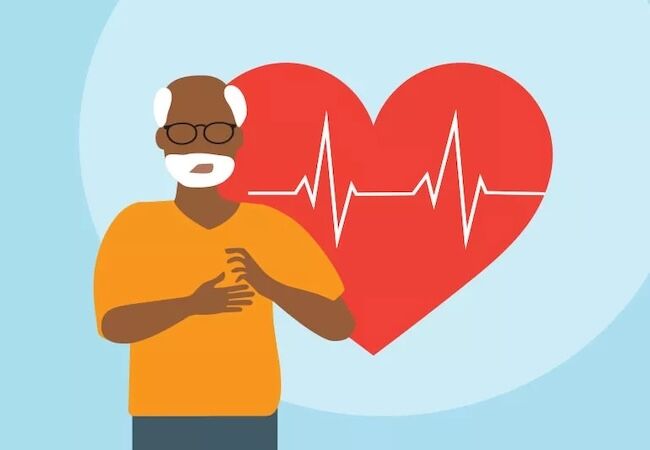Heart Palpitations… What Can You Do?
Written By: Adam Pick, Patient Advocate, Author & Website Founder
Page Last Updated: May 12, 2025
It was six months after my aortic and pulmonary valve replacements (known as the Ross Procedure). I was back at work sitting at my desk when….
All of a sudden, my heart felt like it was flip-flopping and beating upside-down in my chest. Literally, my heart started doing a foreign dance. It was one of the weirdest feelings.

Then, it was gone. My heart returned to its normal beat. Sixty seconds later, I was on the phone with Dawn, the nurse of my cardiologist, Ben Rosin at Torrance Memorial Hospital. Dawn was pragmatic. She asked me to describe the sensation.
After we chatted for a little bit, Dawn was convinced it was nothing serious. She told me to call her if the heart palpitations continued. She said, “As for heart palpitations, what you can do, there really is nothing right now unless it becomes very frequent. So you know Adam, most people have heart palpitations every once in a while – even if they did not have heart valve replacement surgery.”
Guess what? Dawn was right.
In fact, Harvard Medical School just released an interesting story on heart palpitations in the Harvard Heart Letter. Here is a snippet from the story:
Palpitations—the sensation that the heart has started to race or pound, or feels like it has skipped a beat—are usually caused by a harmless hiccup in the heart’s rhythm. Sometimes, though, palpitations reflect a problem in the heart or elsewhere in the body. Sorting out worrisome palpitations from harmless ones isn’t always easy, reports the Harvard Heart Letter.
So you know, heart palpitations are extremely common. Different people experience them in different ways. You might feel as though your heart is fluttering, throbbing, flip-flopping, or pounding, or that it has missed a beat. Palpitations can appear out of the blue and disappear just as suddenly. Or they might be linked with certain activities, events, or feelings. Some of the most important pieces of information that can help your doctor in pinning them down is how palpitations feel, how often they strike, and when they occur.
Some palpitations result from premature contractions of the heart’s chambers or malfunctions of a heart valve. But a patient physical exam and electrocardiogram often don’t turn up any problems, which can be frustrating to the patient — especially after surgery. If your palpitations aren’t accompanied by dizziness or other symptoms and if you don’t have a valve disorder or other structural problem with your heart, that usually means palpitations are benign.
- The Harvard Heart Letter suggests that if you have unexplained palpitations, start with simple steps to help alleviate them. Cut back on caffeine, smoking, and alcohol; avoid over-the-counter decongestants, eat and drink regularly, get enough sleep, and find a way to relax if you are stressed. In some cases, your doctor may recommend medications or a procedure to correct errant electrical signals in the heart.
I hope this helps explain a little more about heart palpitations after surgery.
Related Links:
- Atrial Fibrillation: An Irregular Heart Rhythm for Heart Valve Patients
- Stroke Risk Reduction for Heart Valve and AFib Patients
Keep on tickin!
Adam
|
Helen says on January 5th, 2013 at 6:19 am |
|
Hi, my husband had pulmonary valve replacement in sept 2012 but since surgery he has had palpitations and a additional heart beat the hospital said there is nothing to worry about Thanks Helen |
 |
|
Sal says on September 5th, 2013 at 3:31 am |
|
I get heart palpitations. i get these and it is prior to an upcoming mitral valve repair. Taking additional magnesium(500mg), Taurene and potassium really helps. Sal |
 |
|
Nasser Gorsi says on March 8th, 2017 at 9:23 am |
|
Urgent please! |
 |
|
Onnie Gabonewe says on August 13th, 2017 at 11:17 am |
|
I suffered from heart palpitations since 2009 till today,am a cardiac patient with mitral valve replacement since 1995,am on wafarin,bisoprolol,amiodarone,furosimide and still no change,I sweat when the start,I can even faint,I get tired..they are consistent,dizziness,they can take over 30minute with pulse of 200 and above… |
 |











